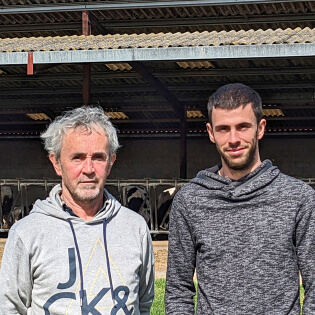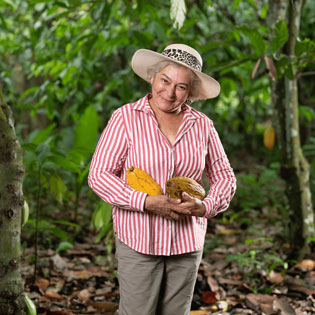Sustainable Agriculture
In partnership with our suppliers of agricultural raw materials, we are developing a more sustainable and value-creating supply chain to ensure the long-term future of the dairy industry.
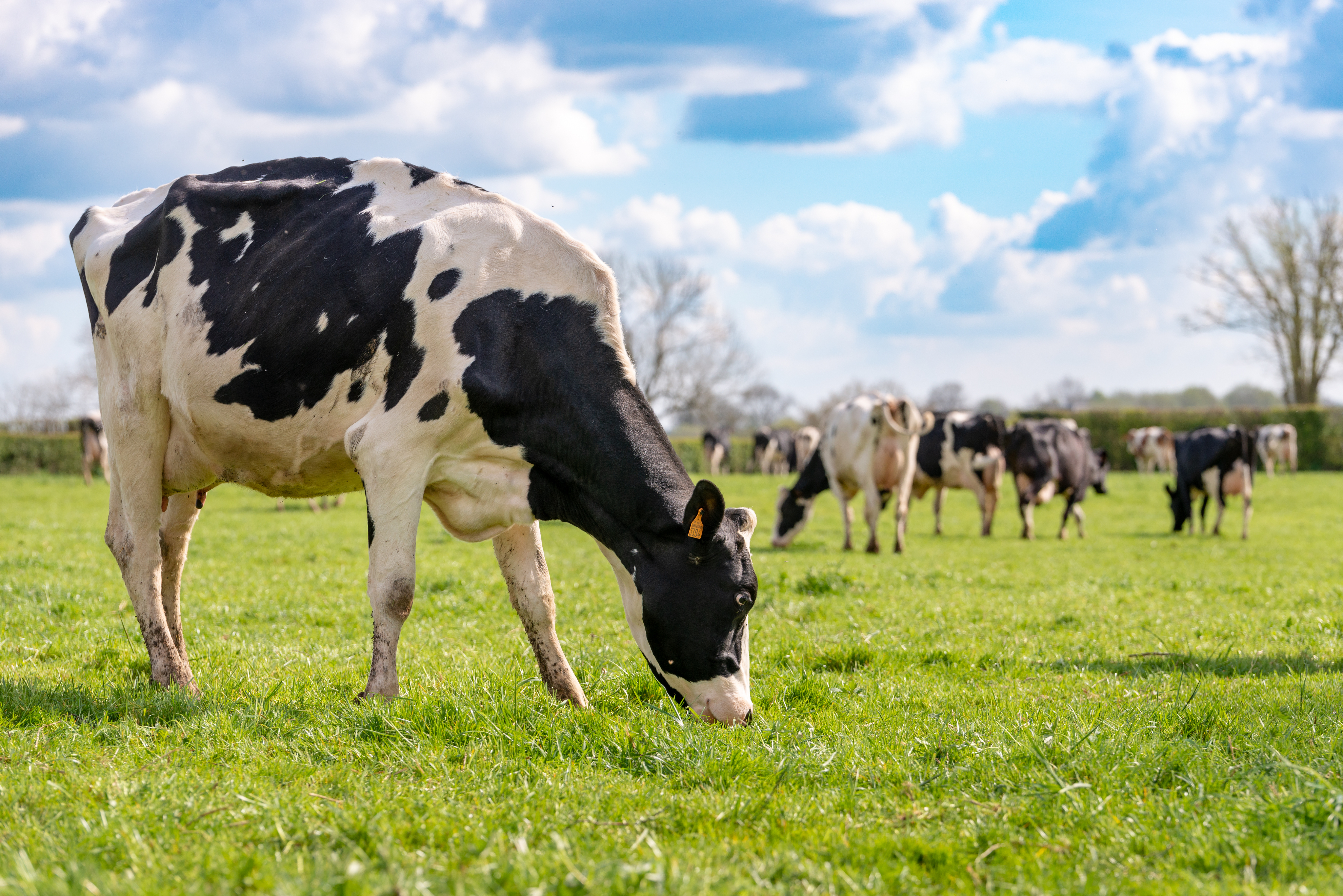
Codevelop more sustainable sourcing with our suppliers of agricultural raw materials
The Group Savencia focuses on strong and recognized brands, that require irreproachable raw materials. We engage in long-term partnerships with our suppliers, and ensure that we maintain fair and balanced commercial relationships.
To meet the growing societal expectations of our consumers and aware of their responsibility towards these issues, the dairy supply teams are committed to developing quality branches that respect animal welfare and the environment while valuing the work of producers.
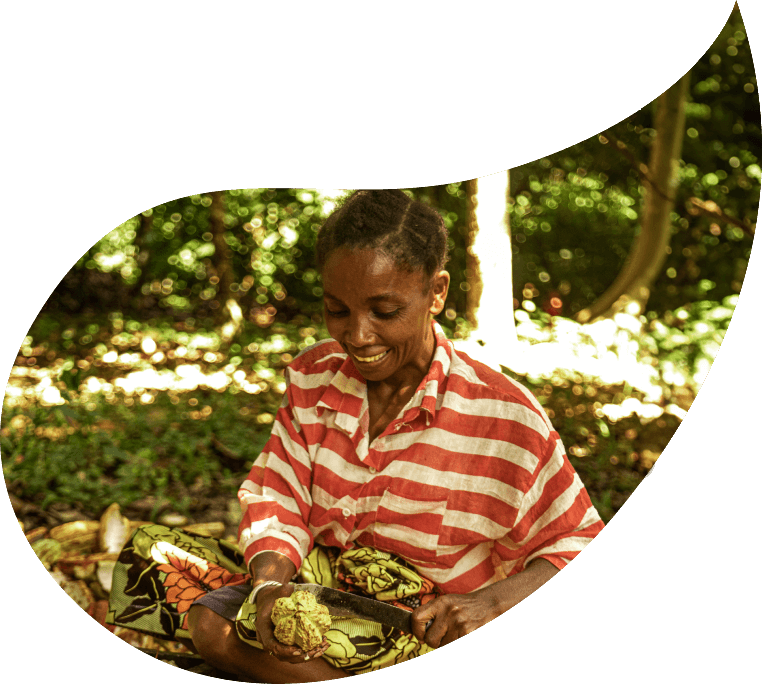
Milk
The ”Terroirs de Lait” initiative
As part of the Oxygen plan, the teams responsible for dairy supplies have set two specific commitments for sustainable and responsible sourcing within the Terroirs de Lait initiative:
- Co-develop responsible dairy supplies with our stakeholders;
- Build the future with the "Terroirs de lait 2032" program: secure dairy supplies, ensure the maintenance and renewal of generations of farmers, and significantly improve the carbon footprint with partner producers by leveraging all aspects of sustainable dairy production while considering animal welfare.
Our transformation prioritizes proximity and local collection around our dairies.
The Dairy Resource Coordinators are in daily contact with producers to support them in evolving their practices. They visit each farm at least once a year and provide technical support as needed, including on milk quality.
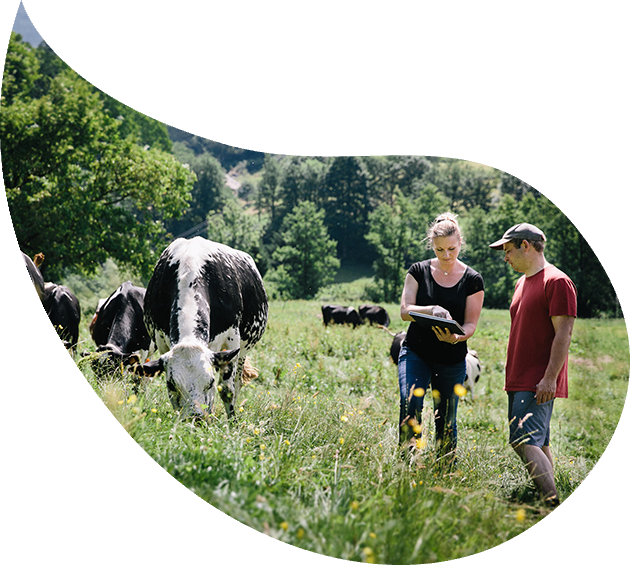
Promoting animal welfare
Convinced of the importance of animal welfare, Savencia Fromage & Dairy has been committed to progress alongside its partner dairy farmers for over ten years.
In 2021, to reinforce and communicate our commitments on a global scale, we published an Animal Welfare Charter, drawing on the expertise of the international NGO Compassion In World Farming (CIWF), a specialist in farm animal welfare. In 2023, numerous actions have been carried out.
A few 2023 figures on our progress:
- 69% of our field technicians have been trained in animal welfare assessment and in conducting on-farm audits.
- 1394 farms (France and abroad) have been audited, representing more than 60 000 dairy cows in the assessed herds.
- 400 actions plans have been formalized with farmers to improve animal welfare, such as : the provision of additional drinking troughs, the access to an exercise area, allowing cows to express their natural behaviors and ensure access to the outdoors by promoting the practice of grazing for cows and sheep.
Our engagement:
By 2030, 100% of our dairy cows will benefit from either a cubicle space or a minimum area of 10 square meters per cow in a fully bedded area.
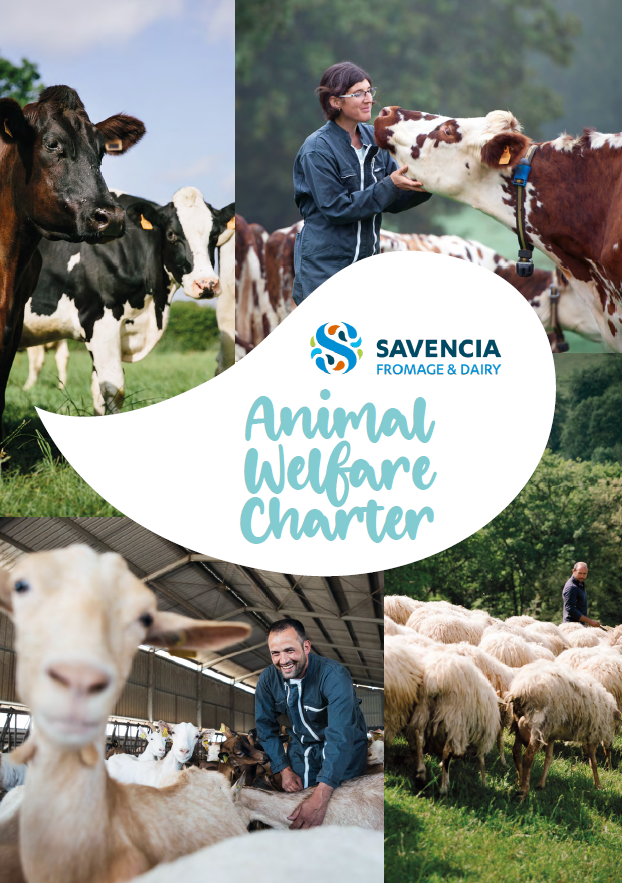
Download our Animal Welfare Charter
Animal Welfare Charter
(PDF 2.46 MB)
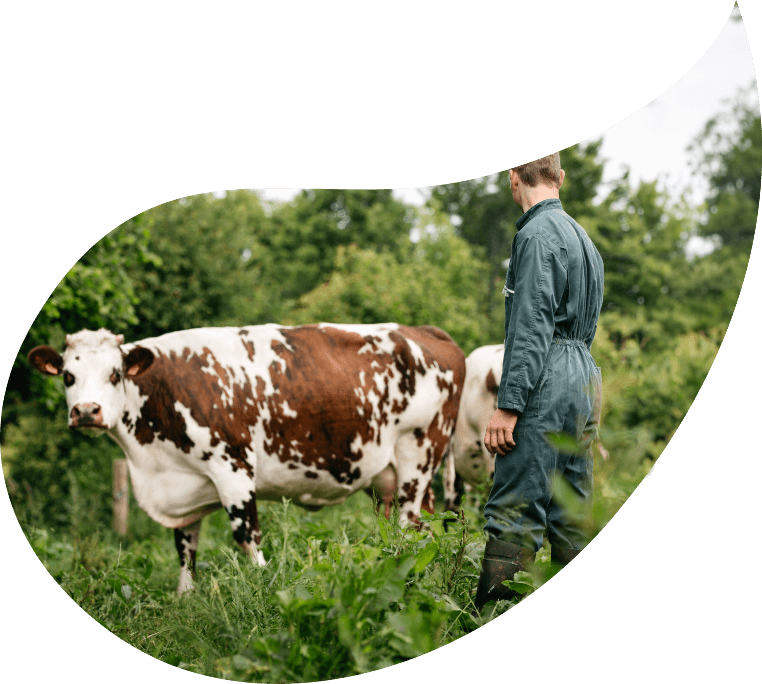
Reducing the carbon footprint from our milk-sourcing activities
We are also taking action to improve the carbon footprint of our milk collection through transport. Our milk tanker fleets are committed to the “CO₂, Carriers Commit” approach certified by Ademe, and our drivers receive regular training on green driving practices.
Our fleet of Messageries Laitières trucks runs on OLOE100 biofuel.
Did you know?
For one of our vehicles, the biogas comes from a partnership with a local methanation farmer, with the aim of building a circular economy and reducing environmental impact.
-341 345
T of CO₂eq. Reduction in the carbon footprint of our milk collection (milk volumes collected in tons of CO2eq. cumulated versus 2010 in France)

Cocoa
As part of its Live Long Cocoa approach implemented in 2015, Valrhona is committed to preserving aromatic cocoa beans by supporting producer communities, with the shared desire to co-construct the future.
This involvement translates into the setting up of projects to benefit communities, most of which live in rural and sometimes isolated areas that do not always have the necessary infrastructure, particularly for education or access to drinking water.
With the Cacao Forest project in the Dominican Republic, Valrhona aims to develop agroforestry models to improve the resilience of rural communities, diversify producers' sources of income, increase farm productivity, and protect the environment.
Did you know?
Valrhona, through its Pure Origin and Spring 2024 Collection ranges, is a member of 1% for the Planet®.
As such, Valrhona undertakes to donate 1% of the annual sales of these ranges to environmental associations committed in issues close to its heart: sustainable cocoa farming, agroforestry, reforestation and improving the living conditions of cocoa producers.
*pure origin cocoa beans
100%
of Valrhona's cocoa bean supplies have been traceable to the plantation (or cooperative) since 2021

Other raw
materials
- Pork
- Chicken
- Fish
- Egg Products
Bordeau Chesnel develops trustworthy partnerships for a more sustainable industry, working hand-in-hand with farmers in order to support their transition towards more ethical livestock practices by:
- guaranteeing better compensation, higher than the pork industry average, and far higher for the most ethical farms.
- fully controlling livestock feed with 100% French grains containing at least 20% barley
- financial encouragement to implement farming models that are more respectful of animal welfare, such as straw-based farming or 'free-range maternity'.supporting farmers to reduce their environmental impact, by setting up tools to measure and monitor their environmental footprint.
Bordeau Chesnel has set a high priority on local sourcing: chickens are usually from 100% French farms and located mostly in the “Grand Ouest” region (Pays de Loire, Normandy, and Brittany). About chicken welfare, we are committed that by the end of 2025, our supplies come from cage-free hens. Several initiatives have already been implemented to further chicken welfare, as redesigning chicken coops to include perches and pecking stones, and an access to natural light.
Furthermore, our chicken’s feed is made from grains that are 100% of French origin. By the end of 2026, and in accordance with the Better Chicken Commitment, our chickens will benefit from 30% more space.
In 2023, 100% of Coraya’s line of fish are exclusively from sustainably-caught fish, controlled by an independent organization that guarantees that all fisheries engage in fishing practices that respect the ocean, the environment, global fish resources and species-specific stocks.
We pay special attention to the raw materials used in our recipes.
This is why we have set ourselves a clear objective:
100% of the eggs used in the formulation of our products will come from cage-free hens by the end of 2025.
This commitment allowed us to reach, by the end of 2023, a rate of 97.2% of eggs from cage-free hens in the composition of our products.
We continue our efforts to achieve the goal set by the end of 2025.
Promote responsible purchasing
The Savencia Group develops long-term collaborations with its main suppliers, aiming to consistently move forward to promote responsible purchasing, meet the various challenges facing society at large, and prevent the risk of breaching social and environmental rights via the supply chain.
The Group’s suppliers are selected on criteria of quality, security, service, competitiveness and their ability to support the Group over the long term
CSR risk assessment with the EcoVadis process
Since 2010, supplier CSR risks have been assessed using the EcoVadis evaluation process. It has been carried out for 672 suppliers.
In 2022, three subsidiaries were assessed by EcoVadis and rewarded for their CSR performance. Sodilac received a Platinum medal, Corman a Gold medal and Fruisec a Silver medal.

Savencia contributes to the ONU's sustainable development objectives
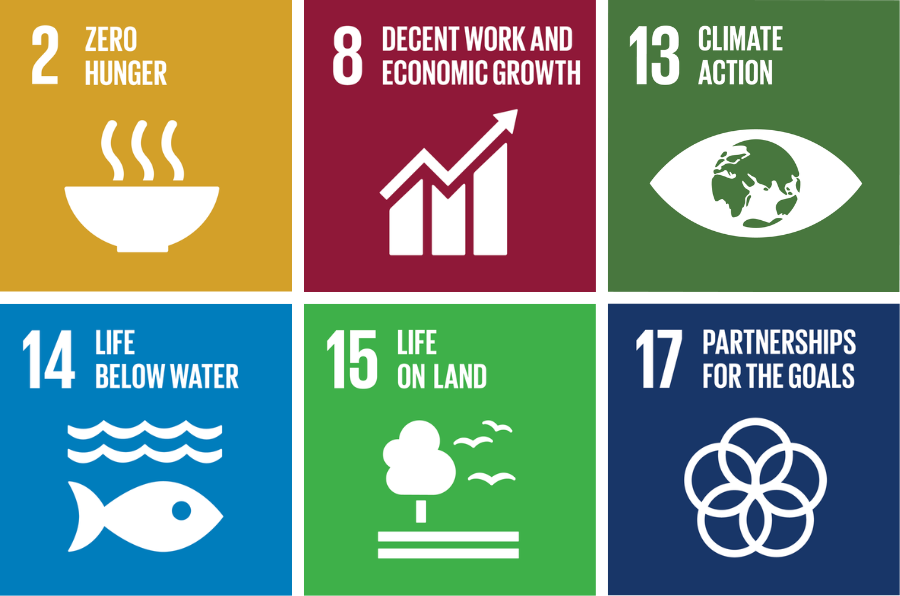
sustainable world
together Read more about our CSR approach

